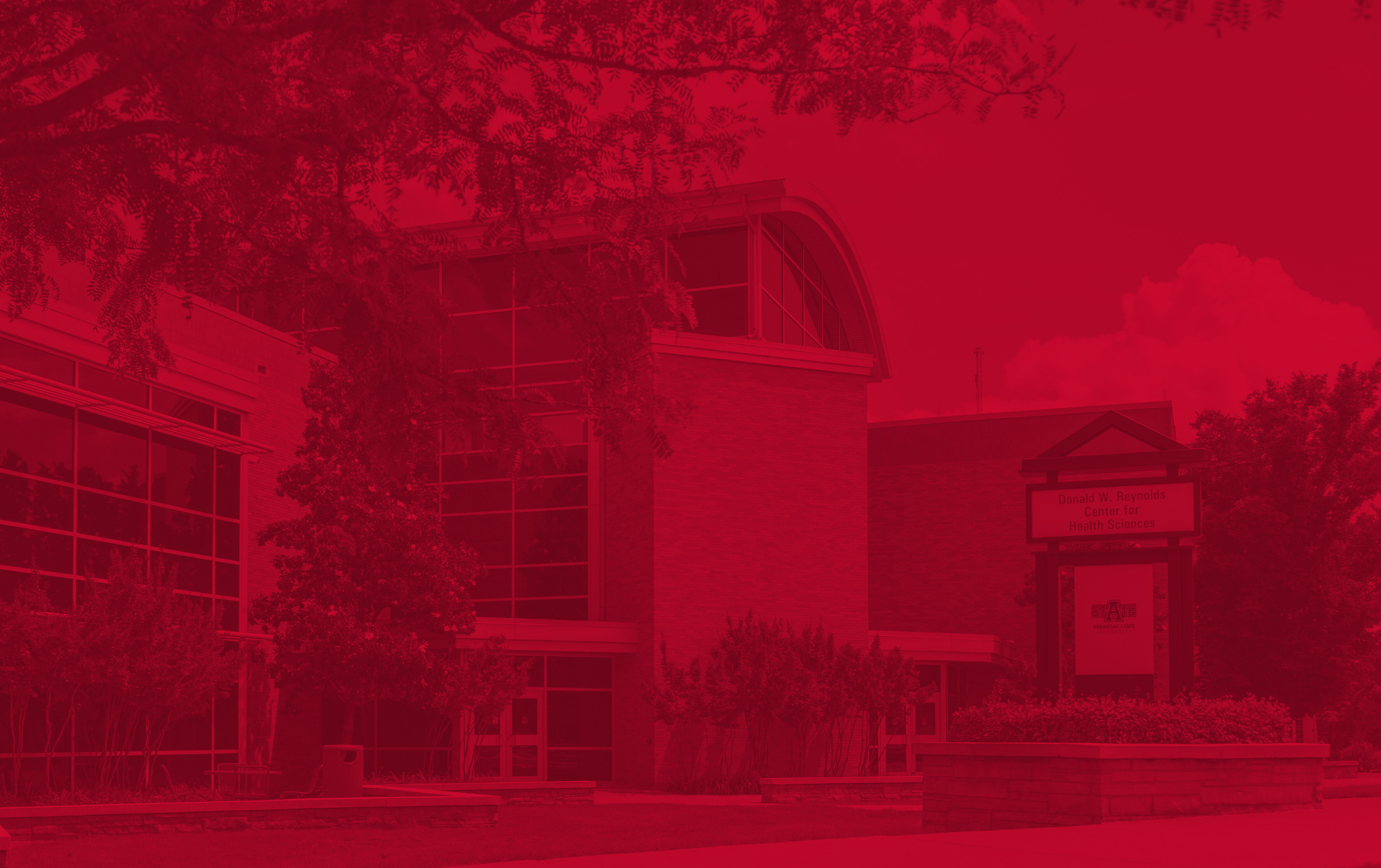BS in Communication Disorders

The B.S. in Communication Disorders prepares students to support individuals with speech, language, and hearing challenges across a variety of settings. This degree prepares you for further study in speech-language pathology or audiology and teaches you usable skills for entry-level positions in education, healthcare, and rehabilitation. Be prepared to make a true, meaningful impact by helping others communicate more effectively and live fuller lives.

Degree Overview
Bachelor of Science in Communication Disorders
You'll learn anatomy, physiology, speech science, and clinical methods for both advanced studies and professional work. The program also gives students key skills in communication, critical thinking, and patient care. These skills are essential for jobs in education, clinical, and rehabilitation settings.
College
Nursing & Health ProfessionsCost
Tuition & FeesAdmission Requirements
- 3.0 GPA (2.0 for transferring students)
- Completed Online Application
- Application Fee: $30
- Official Transcripts
- Immunization Record
Careers & outcomes
What can you do with a communication disorders degree?
Many find roles within schools, clinics, or hospitals, working with professionals who treat pragmatic language disorders, speech impairments, and social communication disorders. From supporting children with speech delays to helping adults recover from brain injuries, this program prepares you for work in communication and care with jobs such as:
- Speech-Language Pathology Assistant
- Audiology Assistant
- Prepare for Graduate Program

The Honors College has given me so much opportunity. I designed my own research study that I presented at the National Council for Undergraduate Research. I received funding to attend and was able to present on a topic I’m passionate about to others who are also interested. I really appreciate having what are typically graduate student experiences as an undergrad.
Connect With Us.
Program Requirements
choosing cd major
Any student may declare a communications disorder major, however formal admission to the program is typically processed during the junior year and is dependent on the following criteria:
- 2.75 or better overall GPA
- Earned a minimum of 30 credit hours
- B or better in:
- MATH 1023 - College Algebra
- C or better in:
- ENG 1003 - Composition I
- ENG 1013 - Composition II
- 3.2 or better combined GPA for the following classes:
- PSY 2013 - Introduction to Psychology
- CHEM 1013 & 1011 - General Chemistry Lecture & Lab (2 courses)
- CD 3033 - Speech & Hearing Science
- CD 2106 - Anatomy and Physiology of Communication
- CD 2203 - Phonetics
- Fifteen (15) clocked-hours of documented & prescribed observation
- A speech & hearing screening (Free for CD students)
BIO 2203 AND BIO 2201 ,CD 2103, CD 2203, CD 3003, PSY 2013 and CHEM 1013 AND CHEM 1011 (or other approved Chemistry or Physics option with lab) must be completed with an average GPA of 3.2 or better as a prerequisite for admission into the undergraduate program in Communication Disorders. Repeated courses will be included in the calculation of the GPA. Refer to the Department of Communication Disorders for a complete list of admission requirements.
After meeting admission requirements, formal program admission usually happens in the junior year.
- Completing the Application
The student will work with their academic advisor to complete and submit the admission application. To take senior-level courses, students must be admitted to the program. If they don’t meet the undergraduate requirements, they cannot finish the Bachelor of Science in Communication Disorders. - Student Handbook
When accepted, students need to get the Communication Disorders Undergraduate Program Handbook. They also need to submit the required signature pages to their academic advisor.
EXTRA AFFILIATED EXPENSES
Aside from tuition costs, Communication Disorders students will be responsible for the following expenses:
Clinical Rotation
- Every student will take part in a one-semester clinical rotation before graduation.
Undergraduates usually gain clinical experience on campus at the ASU Speech and Hearing
Center.
- If the clinical rotation is at an off-campus site, the student must arrange their own transportation. They are also responsible for any related expenses. Also, the clinical might need a background check. This usually costs between $50.00 and $100.00 and is the students responsibility.
CPR & TB Skin Test
- You need CPR certification and a TB skin test before enrolling in the clinical practicum. Students get updates on free or low-cost certification options often. The cost depends on the provider.
Malpractice Insurance
- All students in the College of Nursing and Health Professions need to buy malpractice insurance. They must complete this before starting their clinical rotations. The annual cost of this insurance is approximately $40.00.
- You’ll learn about buying malpractice insurance before your first clinical practicum rotation. This will happen during your prep courses.

